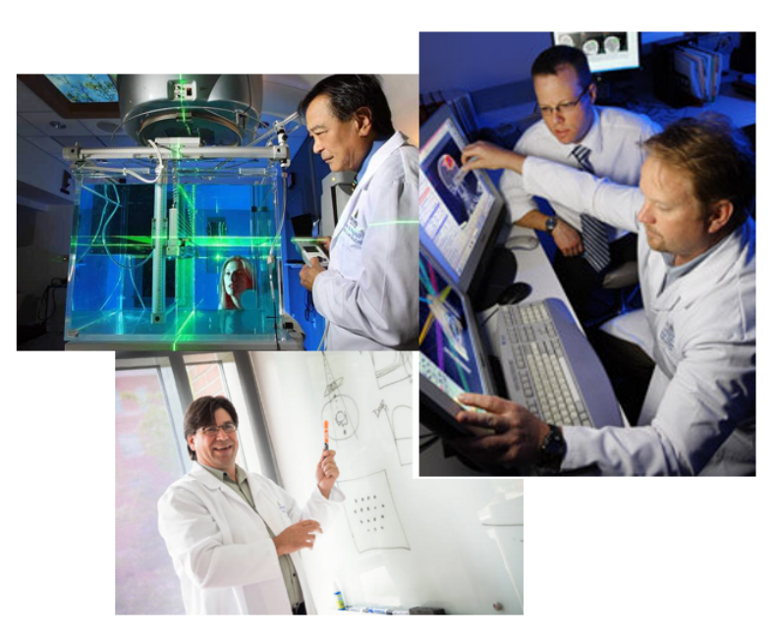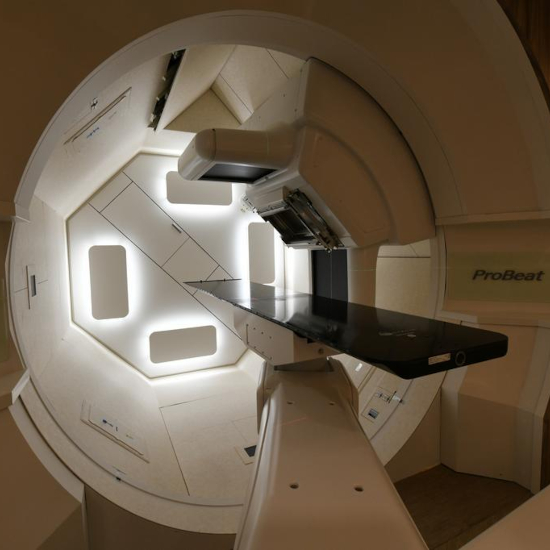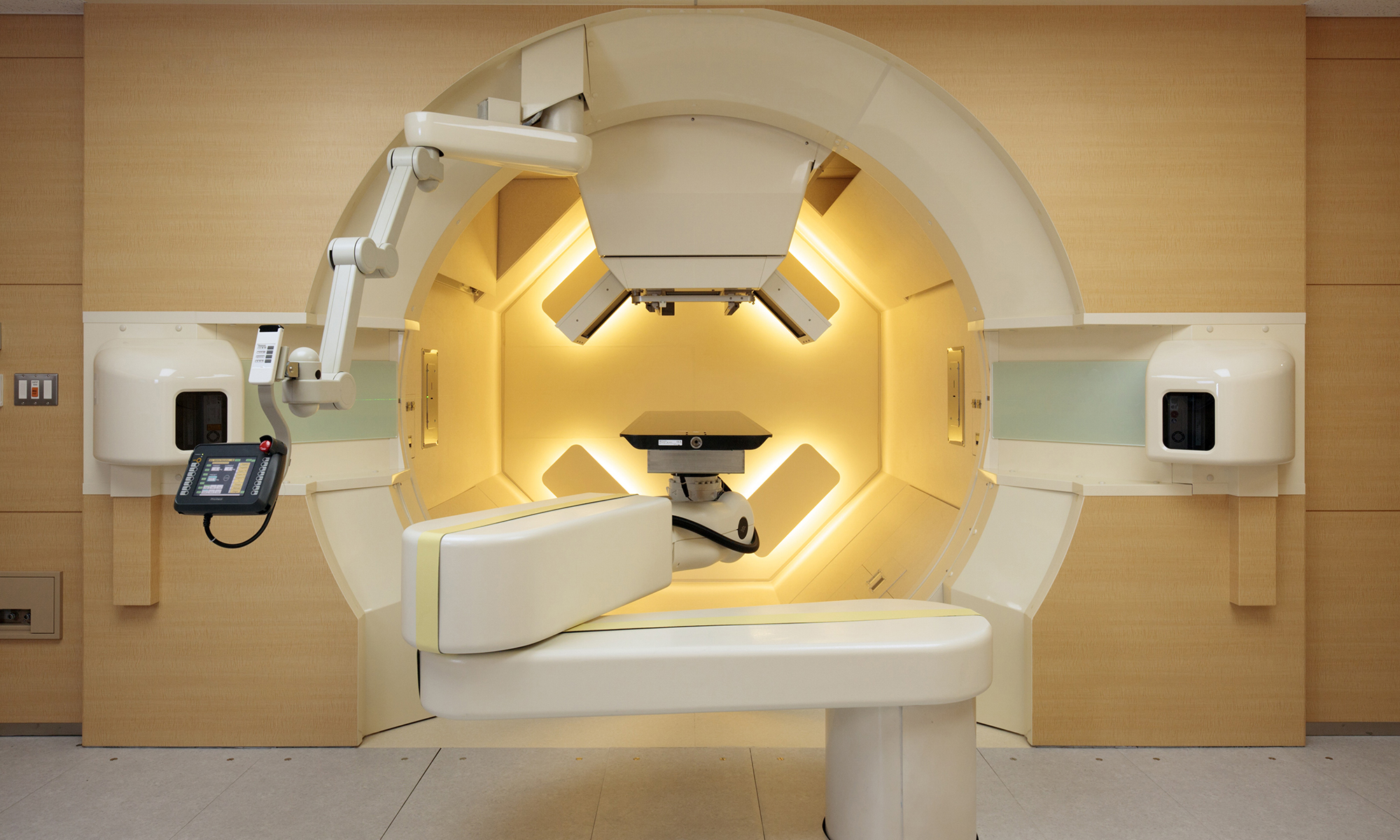
What is Medical Physics?
Medical physics is a field that applies the principles and methods of physics to the diagnosis and treatment of human diseases, particularly in the area of radiology and radiation therapy. As an essential part of the Department of Radiology and Radiological Science and Department of Radiation Oncology and Molecular Radiation Sciences at Johns Hopkins University School of Medicine, the Medical Physics Program is dedicated to advancing research innovation and education training in line with the Hopkins' tripartite mission. Deadlines to apply: PhD 12.1.2025 Master 2.15.2026 Residency 12.31.2025 Certificate applications are accepted throughout the year with no specific deadline.
Learn more about Hopkins' tripartite mission
A Joint Medical Physics Program
Our joint program includes teams of faculties from both the Department of Radiology and Radiological Science and the Department of Radiation Oncology and Molecular Radiation Sciences. We offer a unique dual-track medical physics PhD program, a CAMPEP-accredited medical physics master's program, and a CAMPEP-accredited medical physics residency program (Radiation Oncology only) and we actively participate in other training programs. Non-CAMPEP track of the PhD program is specifically designed for students with non-physics background and strong interest in medical imaging research. Our clinical and research programs provide an excellent training environment including state-of-the-art facilities for our medical physics residents, postdoctoral fellows, and students to become leaders in medical physics. Take the next steps. Visit each program's website and apply today or contact us for more information.
Our Teams
Research and Development
Our cutting-edge research projects offer trainees excellent opportunities to become one of the leaders of the field. Our teams work on various research projects. We focus on solving clinically impactful problems through interdisciplinary studies. And we closely collaborate with investigators in basic science, engineering, and medicine to develop novel solutions and translate discoveries and technical advances into clinical practice. Our research areas include the incorporation of imaging into high-value precision medicine including advanced image guidance, anatomically and functionally-based adaptive radiation therapy, brachytherapy and radionuclide therapy, artificial intelligence, and novel therapeutic strategies such as proton therapy. We develop cutting-edge medical imaging techniques and tools that enhance diagnostic accuracy, optimize treatment planning, and improve patient outcomes. We work with our colleagues in the common research service
Our Research
Clinical Training Opportunity
In our education program, we provide training and observation opportunities in the routine clinical services of radiology and radiotherapy at various Hopkins locations, where we are responsible for the technical aspects of modern radiology and radiotherapy, including radiopharmaceutical therapy, quality assurance of diagnostic imaging devices, image-guided radiotherapy, intensity modulated radiotherapy, stereotactic radiosurgery and stereotactic body radiation therapy, adaptive radiotherapy, proton therapy, brachytherapy, and radionuclide therapy. Our efforts ensure that our patients receive the highest quality and safest care possible.
Proton Therapy Center

